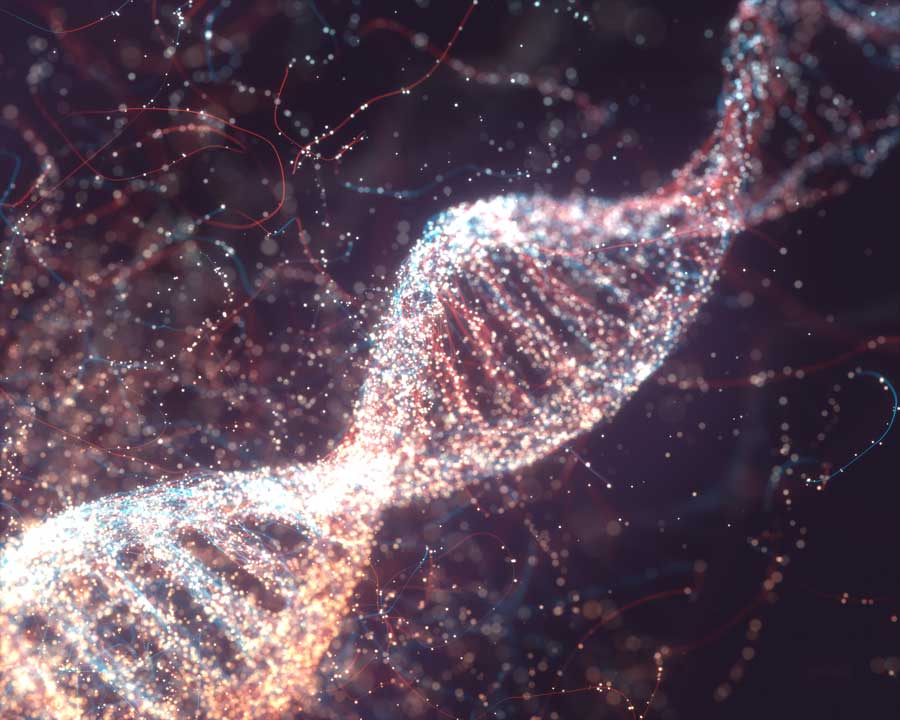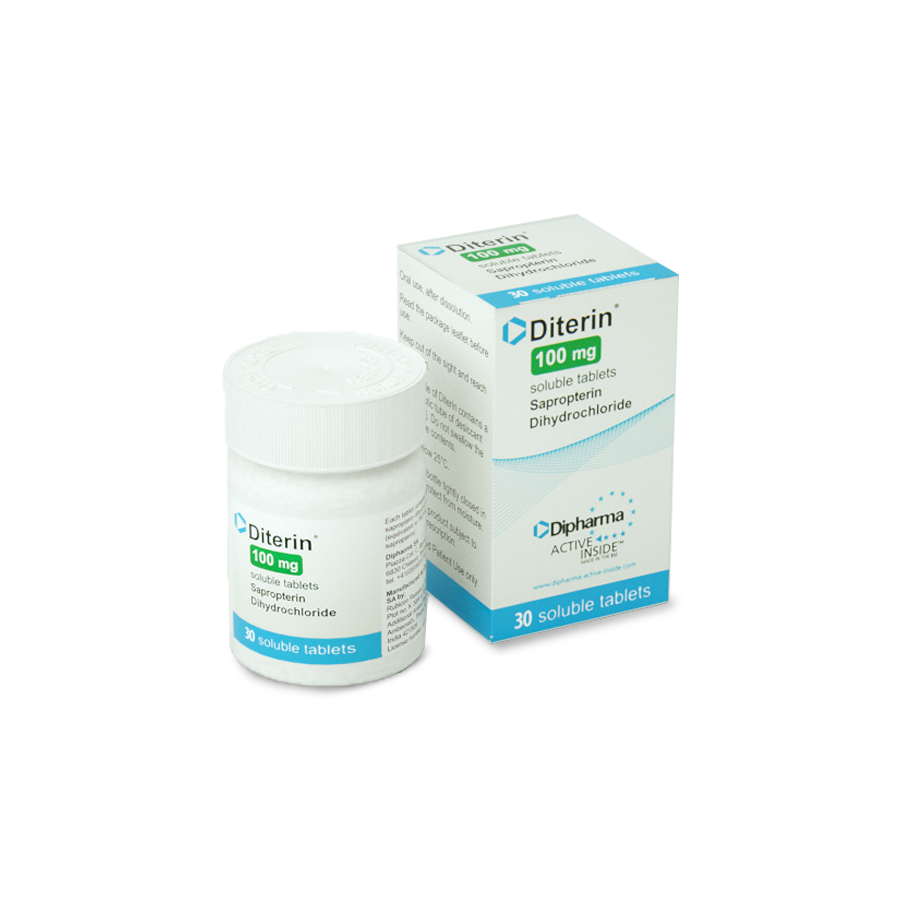This website uses cookies so that we can provide you with the best user experience possible. Cookie information is stored in your browser and performs functions such as recognising you when you return to our website and helping our team to understand which sections of the website you find most interesting and useful.

PKU Disease
Overview
Phenylketonuria, also called PKU, is a rare inherited disorder that causes an amino acid called phenylalanine to build up in the body. PKU is caused by a defect in the gene that helps create the enzyme needed to break down phenylalanine.
Without the enzyme necessary to process phenylalanine, a dangerous buildup can develop when a person with PKU eats foods that contain protein or eats aspartame, an artificial sweetener. This can eventually lead to serious health problems.
For the rest of their lives, people with PKU — babies, children and adults — need to follow a diet that limits phenylalanine, which is found mostly in foods that contain protein.
Recognizing PKU right away can help prevent major health problems.
Symptoms
Newborns with PKU initially don't have any symptoms. However, without treatment, babies usually develop signs of PKU within a few months.
PKU signs and symptoms can be mild or severe and may include:
- A musty odor in the breath, skin or urine, caused by too much phenylalanine in the body
- Neurological problems that may include seizures
- Skin rashes (eczema)
- Fair skin and blue eyes, because phenylalanine can't transform into melanin — the pigment responsible for hair and skin tone
- Abnormally small head (microcephaly)
- Hyperactivity
- Intellectual disability
- Delayed development
- Behavioral, emotional and social problems
- Psychiatric disorders
Severity varies
The severity of PKU depends on the type:
1.Classic PKU:
The most severe form of the disorder is called classic PKU. The enzyme needed to convert phenylalanine is missing or severely reduced, resulting in high levels of phenylalanine and severe brain damage.
2.Less severe forms of PKU:
In mild or moderate forms, the enzyme retains some function, so phenylalanine levels are not as high, resulting in a smaller risk of significant brain damage.
But most children with the disorder still require a special PKU diet to prevent intellectual disability and other complications.
Risk factors
Risk factors for inheriting PKU include:
1.Having both parents with a defective gene that causes PKU
Two parents must pass along a copy of the defective gene for their child to develop the condition.
2.Being of certain ethnic descent
The gene defect that causes PKU varies by ethnic groups and it's less common in African-Americans than in other ethnic groups.
Complications
Untreated PKU can lead to complications in infants, children and adults with the disorder. When mothers with PKU have high blood phenylalanine levels during pregnancy, fetal birth defects or miscarriage can occur.
Untreated PKU can lead to:
- Irreversible brain damage and marked intellectual disability beginning within the first few months of life
- Neurological problems such as seizures and tremors
- Behavioral, emotional and social problems in older children and adults
- Major health and developmental problems
Reference:
https://www.mayoclinic.org/diseases-conditions/phenylketonuria/symptoms-causes/syc-20376302









